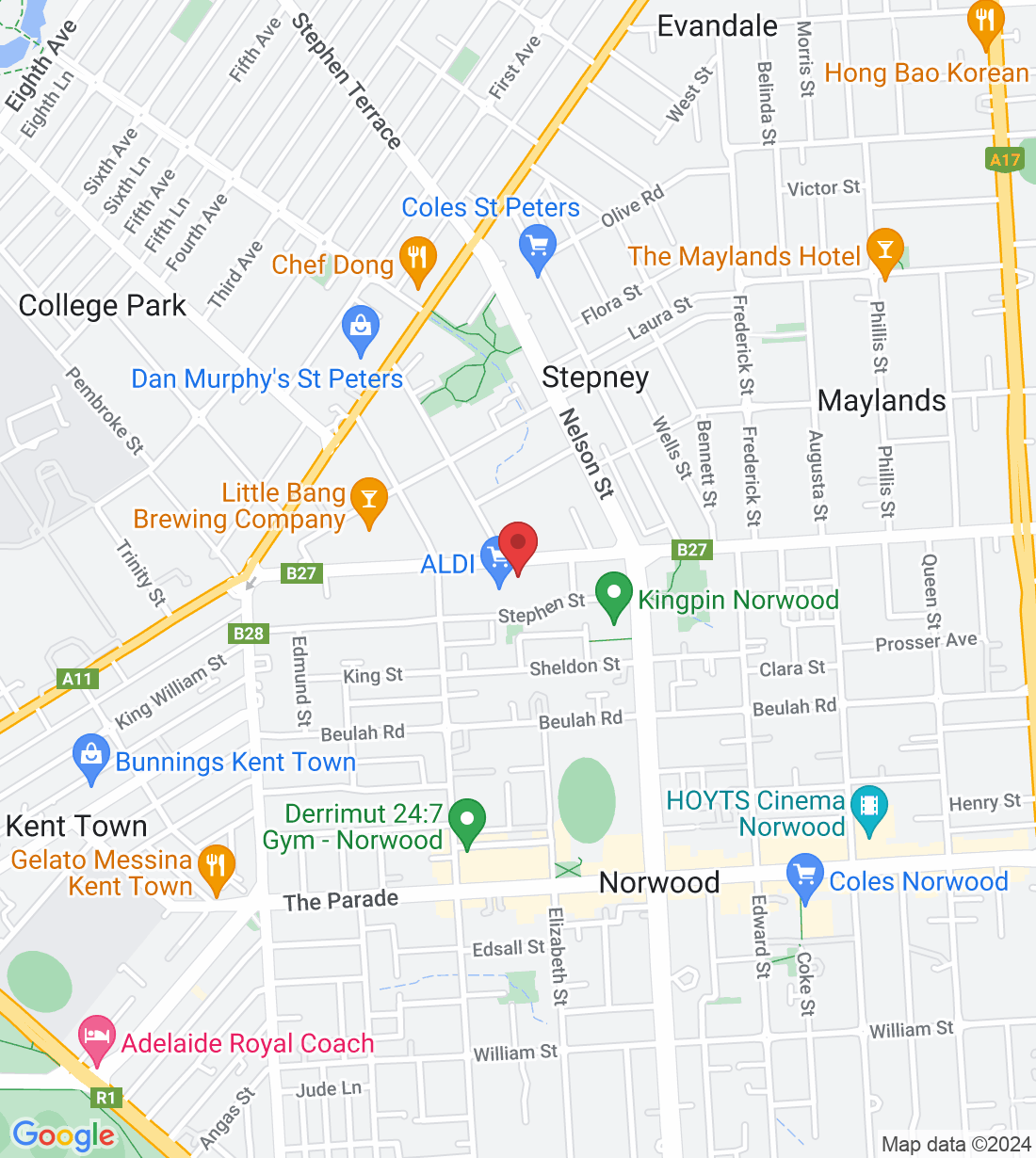
Menopause and Running
Menopause, a natural phase in a woman's life, is a single day that marks the 12 month cessation of menstrual cycles and typically occurring between the ages of 45 and 55. So prior to that day she was pre-menopausal and after that day she becomes post-menopausal.
While it's a universal experience, the journey through menopause can vary significantly among individuals. Beyond its well-known effects on mood swings and hot flashes, menopause can also have implications for female runners, impacting various aspects of their physical capacity and performance.
Hormonal Influence on Connective tissue and how it affects the female runner.
One of the key hormonal changes during menopause is the decline in Oestrogen levels. Oestrogen plays a vital role in maintaining the health, integrity and capacity of the connective tissues. Connective tissue includes tendons and ligaments, the internal tissues that hold organs in place as well as specialised connective tissue including the ever important joint cartilage and bone.
Research suggests that a woman's circulating Oestrogen may have protective benefits to connective tissues, enhancing their strength, healing, and load-bearing capacity. However, as Oestrogen levels decline in the lead up to menopause, this protective effect may also decrease, increasing the risk of injuries among female runners who are placing high loads on their Oestrogen sensitive connective tissues. Specifically, female runners approaching menopause are at high risk of tendon pain and injury, knee joint pain and pelvic floor dysfunction such as incontinence and prolapse.
Oestrogen is also super important for the development and maintenance of muscle. As it declines, a woman's strength will also decline if she is not on the front foot to maintain it. This can decrease her physical capacity to run, putting her at further risk of injury.
Oestrogen plays a vital role in bone growth, maturation, and turnover regulation. Post-menopause, women can experience up to a 20% loss in bone density within the initial 5-7 years due to declining oestrogen levels. As much as impact exercise can be helpful for maintaining bone mass, running has been shown to NOT do this. In fact post menopausal female runners are at higher risk of bone injuries such as stress fractures in the lower body.
Why do women keep running?
Before you swear off running forever, hold up! Running can be a godsend during menopause. Exercise, in general, is like a magic pill for your physical and mental health, regardless of where you are in your hormonal journey. It can boost your mood, keep your weight in check, and even strengthen your overall body.
Running with others can also be a game-changer, giving you a much-needed mood boost and a sense of community during what can be a challenging time. Plus, hitting the pavement gives you a chance to soak up some vitamin D and enjoy the great outdoors, which can do wonders for your stress levels.
Let's not forget about the long-term benefits. Staying active now can help prepare you for much more active older age.
At the end of the day, knowledge is power. By understanding how menopause affects your body and what you can do to support it, you can keep doing what you love—whether that's running marathons or just enjoying a leisurely Parkrun—for years to come.
How to keep running well through menopause.
Stay strong. Running is physically incredibly tough on your body. Staying in the gym or working with us at Vital Core in RunFit, StrongFit or Strength and Conditioning classes is critical to keep your key running muscles strong and capable.
Check in with your pelvic floor. Ensure that you do not have ANY pelvic floor dysfunction which commonly means any, leaking, urgency, frequency or feelings of heaviness.
Maintain an adequately high caloric diet to ensure you have enough energy available to run. Otherwise your body will breakdown it's own tissue to fuel itself further affecting it's ability to recover.
Run at a pace, intensity and frequency that makes you feel good but doesn't leave you exhausted.
Get every and all aches and pains seen to by your Vital Core Physio BEFORE they become a big deal.
Conclusion
Menopause is a significant life transition that can pose unique challenges for female runners. Understanding the potential impact of menopause on various aspects of physical and mental health is essential for developing effective strategies to support women through this transition. By incorporating targeted strength training, maintaining a regular exercise routine, and prioritising self-care, female runners can navigate menopause with resilience and continue to enjoy the many benefits of running for years to come.
Ask a question of Vital Core Physiotherapy
Fill in the form to request a Call From Our Team
One of our team will call you for FREE and answer any questions or concerns you may have about your condition
© 2023 Vital Core Physiotherapy





